It is often said that money is the greatest driving force in the world. Money causes people to work long hours and give up their time in order to support their family and attain security for the future. Yet, your relationship with money might not just revolve around your job or income level, but actually your country of origin instead. Where you were born plays a large role in defining your relationship with money, your spending habits, and your willingness to save.
Throughout various cultures and countries money is viewed differently. Some view money as a means to having more fun, while others see it as a way to plan for the future. Let’s take a look at the relationship that people from around the world have with money.
Germans love cash
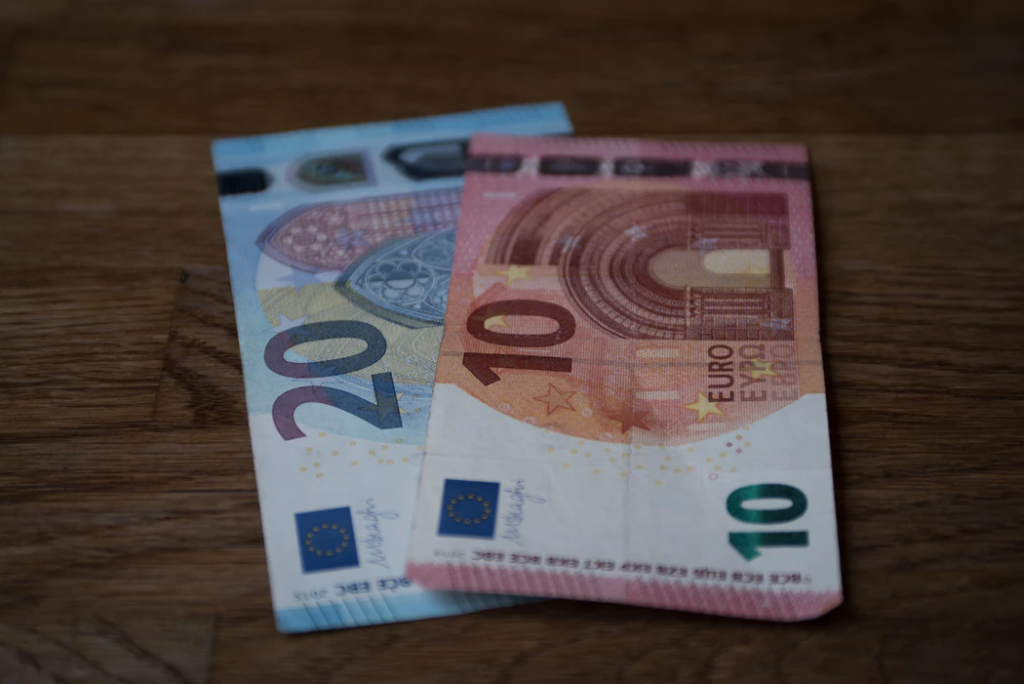
The fear of debt has caused Germans to rely on cash for generations. “Cash only” is a phrase that is common throughout the country, even as it has grown into a European economic power. This is because Germans fear debt more than almost anything else. As German economist Prof Marcel Fratzscher puts it, „The German word for debt – ‚Schuld‘ – is the same as the German word for ‚guilt‘.” This has caused Germany to be a leader in cash transactions, even as it has risen to be a world economic power. However, the trend of cash in Germany is starting to slowly change. For the first time in the country’s history, card payments surpassed cash payments in 2018.
Charity in Pakistan
In Pakistan giving charity is not just a figure of speech, it’s a way of life. That’s because the religious practice of giving charity, called “Zakat” is an obligation and one of the five pillars of the Islamic faith. Zakat has proven to be a model for redistributing wealth to the poor and underserved. One economics study showed, “Evidence is found that zakat does redistribute from the better off to the worse-off, and so achieves some reduction in measured income inequality in Pakistan.” While in many Islamic nations Zakat is left to each individual, in Pakistan the practice is mandated by the government. The Pakistani Zakat Councils collect Zakat and redistribute it where they see fit.

Russians spend on tobacco and alcohol
Stereotypes aside, it appears that Russians do in fact spend a significant amount of money on alcohol and tobacco products. According to the World Health Organization, alcohol consumption in Russia is some of the highest in the world. Additionally, at one point 40% of the Russian population smoked, leading the country to becoming the second largest tobacco consuming country in the world. Over the past several years the country’s government has implemented policies to curb tobacco consumption among its population.

The world’s best money savers
If you live in Singapore it’s likely that you are a money-saver. Singaporeans save, on average, 55% of their household income, making them one of the world’s biggest savers. When Singaporeans do spend it tends to be for food, transportation, or housing-related costs. However, some wonder if Singaporeans are actually saving too much. The propensity of Singaporeans to park their money in cash makes for a less than optimal financial situation. They would be better served putting their savings to work via investment and retirement accounts.
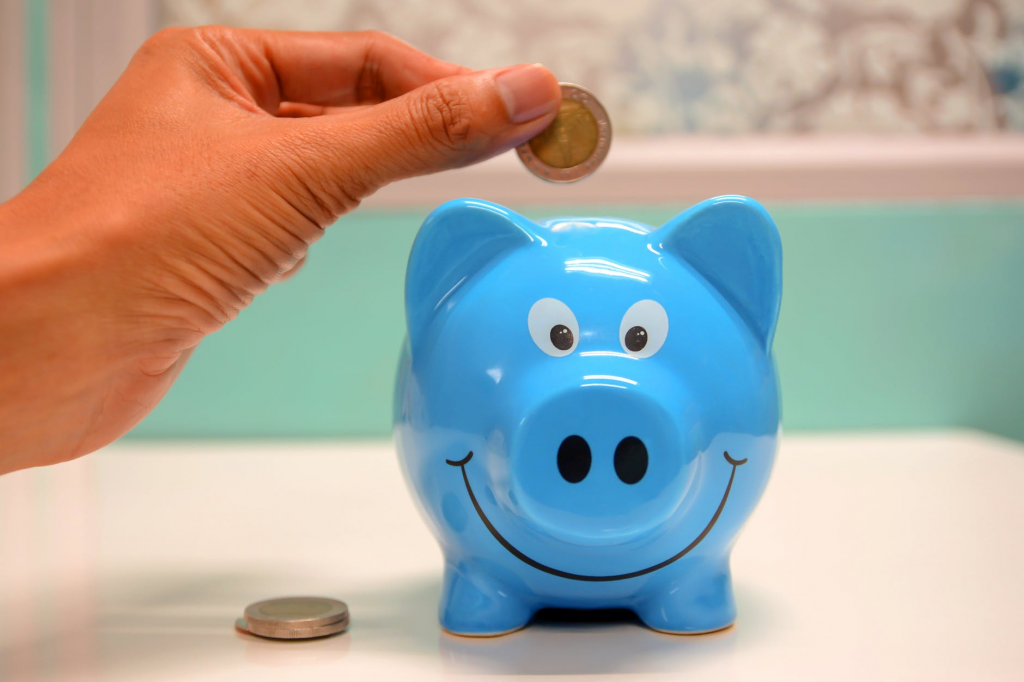
High financial literacy in Scandinavia
If you want your children to get a great financial education you better head to Scandinavia. Norway, Denmark, and Sweden sport the highest financial literacy rates in the world, with 71% of adults in each country being considered financially literate. Interestingly enough, even though Denmark has one of the best financial literacy rates, the country’s citizens also have an extremely high rate of debt. Danes have the highest debt-to-income ratio per household in all of Europe at 265.11%. This could be due to the exorbitant real estate prices in the country, where home prices are at their highest level in a decade.
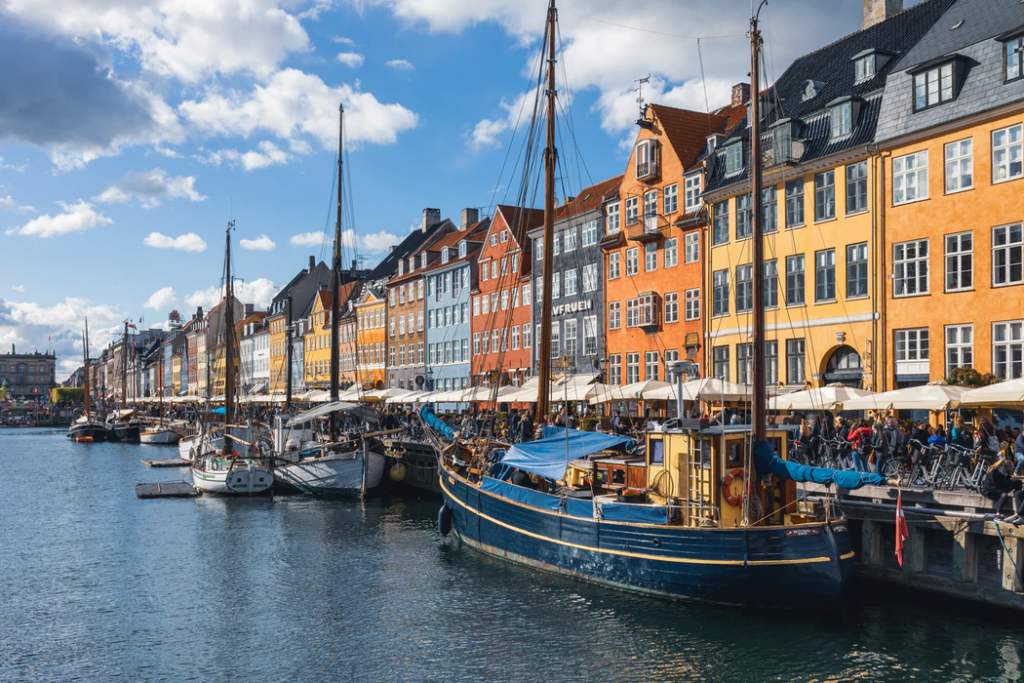
Australians enjoy recreation
Maybe Australians do have more fun. Spending on recreation is highlighted in Australia, where 10% of all household spending is done on recreation. While spending on gambling and television is down, spending on other forms of recreation, such as holidays and sports lessons, are higher than in years past. All told, Australian households spend about $666 billion, even as household spending has decreased in recent times.

Saving in Japan
In Japan, saving is the name of the game. The Japanese are so conservative with their money that they go to great lengths to hide it, sometimes even in their own homes. Home safes are a hot commodity in Japan, where citizens prefer cash over banks. A recent study by the Bank of Japan found that almost half of all wealth in the nation is put into cash, compared to only 10% in stocks and 19% in retirement accounts or life insurance policies. With €1 equivalent to about ¥120, there must be a lot of paper bills hidden throughout the entire country.

The Turkish don’t trust fiat
Cryptocurrencies haven’t gotten much traction in much of the world, but in Turkey citizens are flocking to decentralized digital assets. That’s because Turkish citizens don’t trust their fiat currency, the Lira, which has quickly devalued and shows no sign of letting up. This lack of trust in the country’s native currency and government has led Turkey to be one of the biggest cryptocurrency adopters. This sentiment isn’t new, as seen by a 2015 study by ING which found that 45% of Turkish people believed digital currencies were going to be the future of online payments.

The American spenders
It may come as no surprise that Americans are the biggest online spenders per capita. It is estimated that in this year alone, Americans will spend more than $586 billion on e-commerce purchases. It has gotten to the point where US citizens would prefer that their government provide them with universal access to retirement savings plans. Unfortunately, even though Americans like to spend money, they often don’t have any idea how much they can afford to spend, and how much they should save. That’s because the financial literacy rate among adults in the US sits at a paltry 57%, only slightly higher than the literacy rate in Botswana.
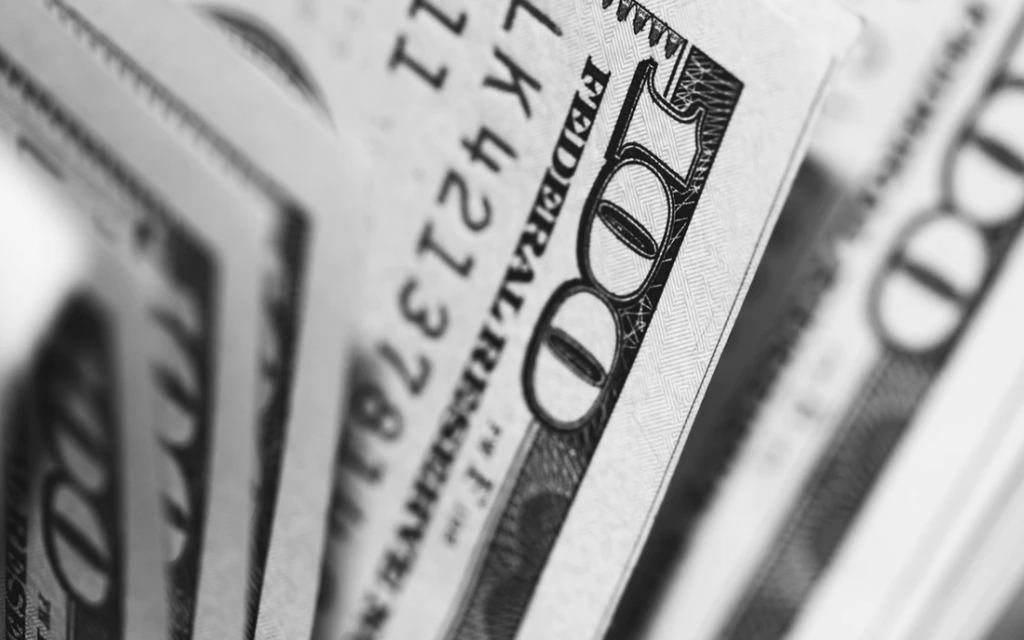
The price of travel in Britain
UK shoppers aren’t far behind their American counterparts when it comes to internet spending, as the average online shopper in Britain spends $1,629 per year. In Britain it is also quite expensive to get around. Those living in the UK tend to spend a good deal of their income — 14% of weekly household expenditure — on transportation. The one thing still hanging over the heads of UK residents is their current stalemate with the European Union. With fears of Brexit looming, British consumer retail spending is at its lowest levels since the 1990s.
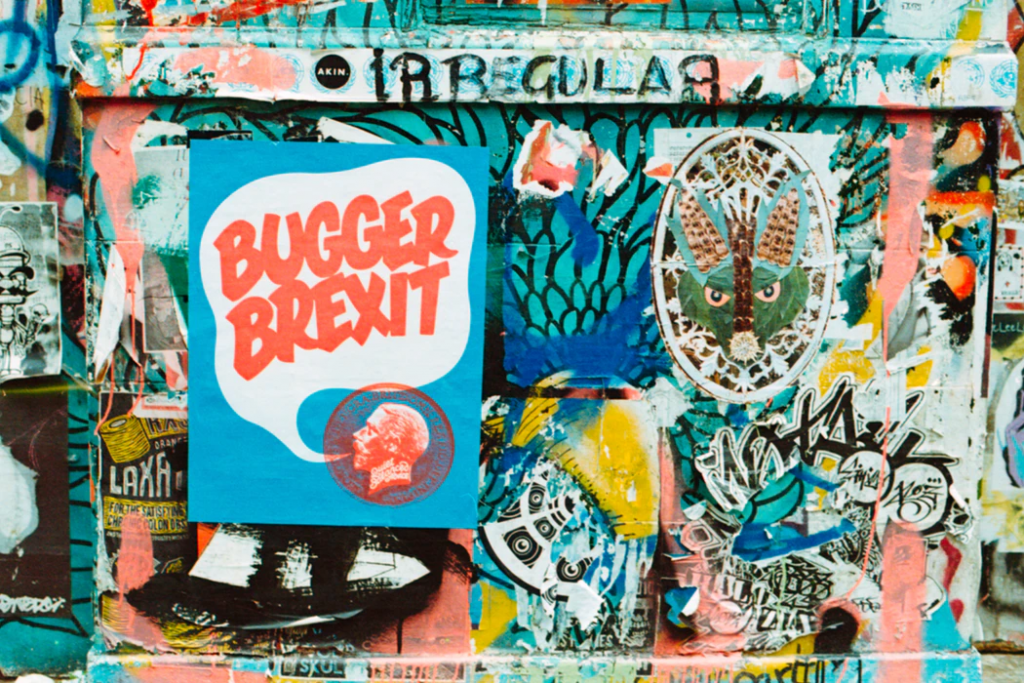
Understanding others
Having this background and insight into the spending habits of countries around the globe should provide you with a better sense of why your friend from Germany doesn’t want to open a credit card, or why your uncle from Singapore refrains from spending much of his income. This doesn’t mean any one country is better with money than another, it simply means that where you were born often defines your relationship with money.
*As with any investment, your capital is at risk and the investments are not guaranteed. The yield is up to 6.75%. Before deciding to invest, please review our risk statement or consult with a financial advisor if necessary.


